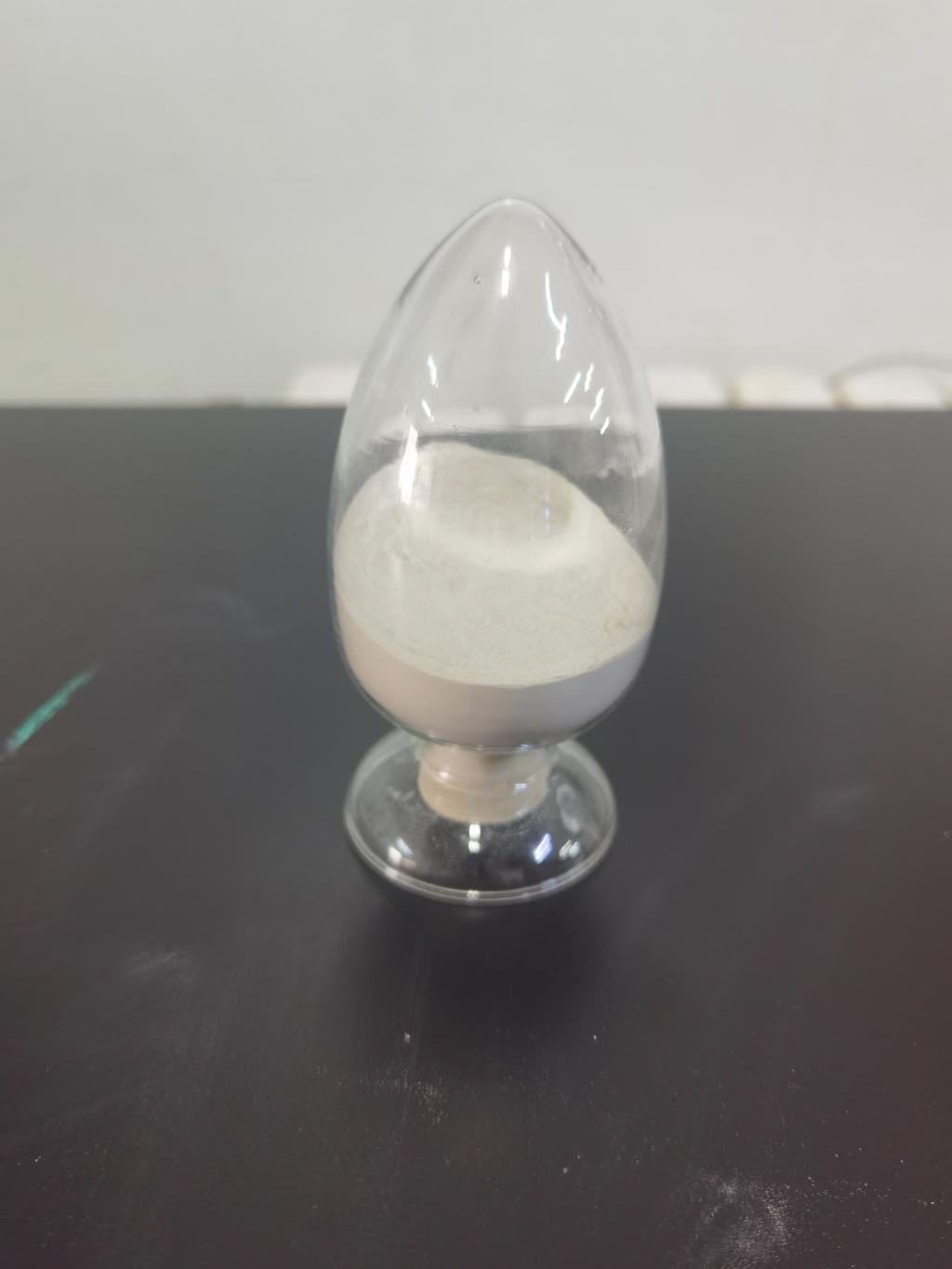Tel:+8618231198596

News
 CONTACT
CONTACT
 CONTACT
CONTACT
- Linkman:Linda Yao
- Tel: +8618231198596
- Email:linda.yao@dcpharma.cn
- Linkman:CHARLES.WANG
- Department:Overseas
- Tel: 0086 0311-85537378 0086 0311-85539701
News
Nisin in personal care products: An emerging trend.
TIME:2023-08-02
Nisin: A Brief Overview
Nisin is a naturally occurring antimicrobial peptide derived from Lactococcus lactis bacteria. Its efficacy in inhibiting the growth of various harmful bacteria, especially those linked to food spoilage and foodborne illnesses, has earned it widespread acclaim. Operating by disrupting bacterial cell membranes, nisin has found extensive use as a food preservative.
Emerging Trend: Nisin in Personal Care Products
The incorporation of nisin into personal care products represents a noteworthy departure from its conventional application in the food domain. The allure of nisin's antimicrobial and preservative qualities, proven effective in food preservation, has prompted researchers and manufacturers to explore its potential in personal care formulations. Several factors have contributed to the momentum of this trend:
1. Natural and Sustainable Ingredients: Modern consumers exhibit a growing preference for natural and sustainable ingredients in their personal care products. Nisin, as a naturally derived peptide, aligns seamlessly with this inclination and provides an alternative to synthetic preservatives.
2. Efficacy Against Microorganisms: Nisin's antimicrobial prowess extends beyond the food sector. In personal care, it holds promise in curbing the proliferation of bacteria, fungi, and other microorganisms that can lead to product deterioration or contribute to skin-related issues.
3. Limited Impact on Microbiota: Unlike certain conventional preservatives that can disrupt the skin's microbiota, nisin's targeted action against harmful microorganisms may have a milder effect on beneficial microbial communities present on the skin.
4. Potential Therapeutic Applications: Research hints at nisin's broader utility in personal care, including potential benefits for addressing specific skin conditions or infections.
Potential Applications of Nisin in Personal Care
Nisin's potential applications in personal care products are diverse and expanding:
1. Skin Care: Nisin could be integrated into an array of skin care products, such as creams, lotions, and serums, to prevent microbial contamination and enhance product stability.
2. Hair Care: Shampoos, conditioners, and scalp treatments could leverage nisin's properties to combat issues like dandruff and other scalp concerns attributed to microbial overgrowth.
3. Oral Care: Nisin's antimicrobial attributes could be harnessed in toothpaste, mouthwash, and other oral care products to bolster oral hygiene and counteract bacterial growth.
4. Deodorants: The ability of nisin to inhibit bacterial growth renders it an intriguing addition to deodorants and antiperspirants, aiding in managing odor-causing bacteria on the skin.
Challenges and Considerations
While the integration of nisin into personal care products offers promise, it comes with certain challenges:
1. Formulation Stability: Crafting products with nisin necessitates meticulous attention to its stability and compatibility with other ingredients. Ensuring its effectiveness throughout the product's shelf life is paramount.
2. Regulatory Approval: Regulatory authorities impose specific requirements for the use of antimicrobial agents in personal care products. Inclusion of nisin mandates adherence to these regulations.
3. Consumer Perception: Educating consumers about nisin's benefits and safety in personal care products is crucial for fostering trust and acceptance.
4. Cost Implications: The cost associated with incorporating nisin into formulations may impact product pricing, potentially influencing consumer preferences.
Future Directions and Opportunities
As the trend of utilizing nisin in personal care products gains momentum, several avenues for exploration and growth come to the fore:
1. Advancements in Research: Ongoing research may unveil new therapeutic applications for nisin in addressing specific skin conditions, potentially leading to the development of specialized products.
2. Synergy with Other Ingredients: Exploring the synergistic effects of nisin with other natural ingredients could enhance its efficacy and pave the way for innovative product formulations.
3. Tailored Solutions: Customizing nisin-based personal care products to cater to distinct skin types and concerns could offer personalized solutions.
4. Market Expansion: The escalating demand for natural and sustainable personal care products provides a fertile ground for the expansion of formulations featuring nisin.
Conclusion
The infusion of nisin into personal care products signifies an exciting and innovative trend that capitalizes on its proven antimicrobial capabilities. As consumers seek safer, more sustainable, and effective personal care options, nisin presents a compelling solution. While challenges exist, the continued exploration of nisin's potential in this arena holds the promise of novel, natural, and beneficial products that align with the evolving preferences of contemporary consumers. With advancing research and refining formulations, the trajectory of nisin in personal care is poised for ascent, shaping the landscape of the industry in the years ahead.
- Tel:+8618231198596
- Whatsapp:18231198596
- Chat With Skype







